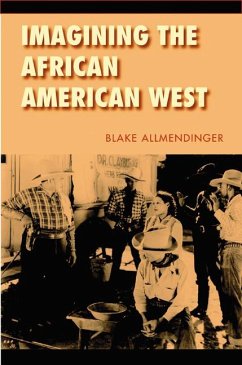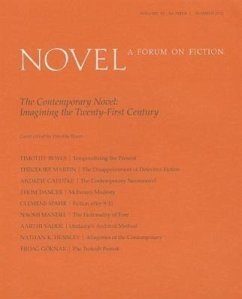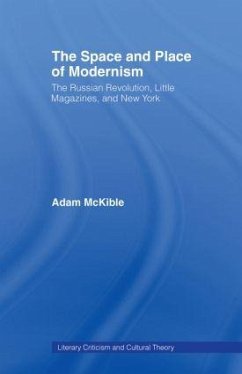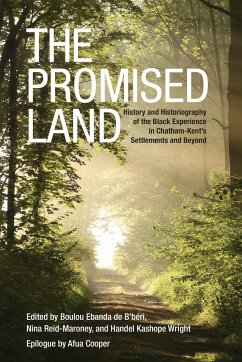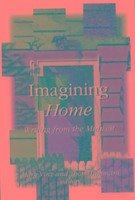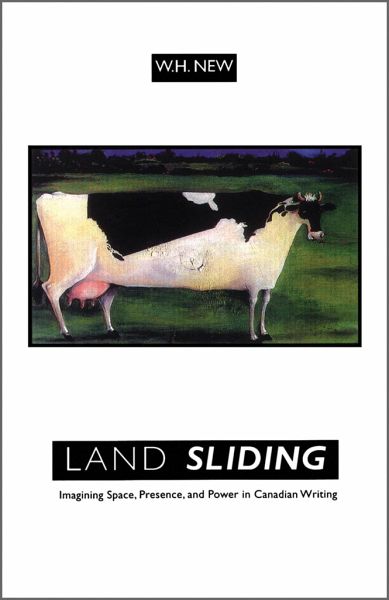
Land Sliding Imagining Space P
Imagining Space, Presence, and Power in Canadian Writing
Versandkostenfrei!
Versandfertig in über 4 Wochen
29,99 €
inkl. MwSt.

PAYBACK Punkte
15 °P sammeln!
Land Sliding: Imagining Space, Presence, and Power in Canadian Writing discusses the ways in which Canadian writing, through images of land and space, expresses various assumptions about social values. Not only does it refer to a wide range of literary texts, but it also draws upon texts in geography and the social sciences, and upon the visual arts in Canada.
Why Have so Many of this Century's Prominent political and literary critics wanted to find a single metaphor to describe the character of Canada? Why do so many use land-based metaphors to ask about the divisions between centres and margins, colony and empire, wealth and power? W.H. New, in Land Sliding: Imagining Space, Presence, and Power in Canadian Writing, investigates this established paradigm by examining why so many writers have accepted the land as a comprehensive image of nationhood. Is there in fact, he questions, a landscape which is 'natural, ' unmediated by social values and literary representation?
Asking what 'land' as an abstract concept and a physical site has to do with writing, representation, and power, New looks at the 'sliding' relationship by which people associate their surroundings with their position in society. News study of land in literature is a commentary on the way a culture produces values by transforming the 'natural' into literary idiom and, in turn, making literary convention seem natural. Land Sliding develops not as a history of uniformity or progress, but as a series of dialogues between past and present, between paradigms and disciplines. It draws on a wide range of texts including First Nations narrative, contemporary poetry and fiction, government documents, real estate ads, artwork, and photographs to illustrate the complex associations that link place, power, and language in Canada today.
W.H. New invites readers to look again at Canada's changing cultural character by rereading both the landscape and the people who have interpreted it. Land Slidin
Why Have so Many of this Century's Prominent political and literary critics wanted to find a single metaphor to describe the character of Canada? Why do so many use land-based metaphors to ask about the divisions between centres and margins, colony and empire, wealth and power? W.H. New, in Land Sliding: Imagining Space, Presence, and Power in Canadian Writing, investigates this established paradigm by examining why so many writers have accepted the land as a comprehensive image of nationhood. Is there in fact, he questions, a landscape which is 'natural, ' unmediated by social values and literary representation?
Asking what 'land' as an abstract concept and a physical site has to do with writing, representation, and power, New looks at the 'sliding' relationship by which people associate their surroundings with their position in society. News study of land in literature is a commentary on the way a culture produces values by transforming the 'natural' into literary idiom and, in turn, making literary convention seem natural. Land Sliding develops not as a history of uniformity or progress, but as a series of dialogues between past and present, between paradigms and disciplines. It draws on a wide range of texts including First Nations narrative, contemporary poetry and fiction, government documents, real estate ads, artwork, and photographs to illustrate the complex associations that link place, power, and language in Canada today.
W.H. New invites readers to look again at Canada's changing cultural character by rereading both the landscape and the people who have interpreted it. Land Slidin




